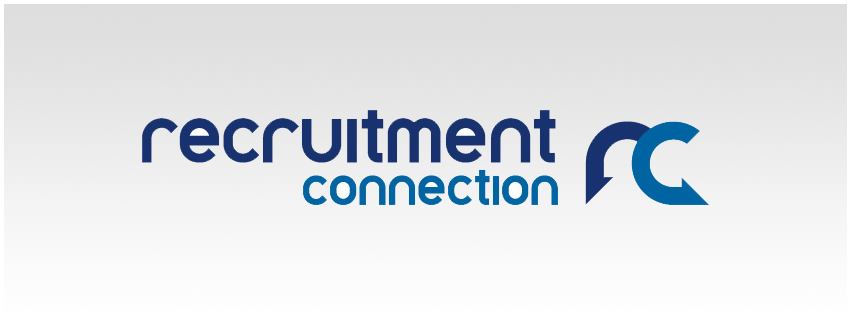Interviewing can be daunting for some and to do it with confidence requires preparation otherwise you can fall flat on your face! For those keen on giving a spectacular interview, here are a few helpful hints to make sure you give the best you can and get the job you want.
When you prepare for an interview, looking smart and having your CV is important but a few added efforts and doing some homework before hand can help more than you may have realized.
Telephone
If an employer wants to speak to you first or, as now commonly happens, a virtual interview, then do so with as much preparation as you would a face to face. Don’t forget that in most roles a good telephone voice might just be one of the things that is important for the job.
Don’t be late for an interview as it tells the employer that you care very little about the job. If, however, you were late because of an unavoidable emergency, then . . . well, call forward and warn the client or go via the recruiter. Always aim to be at your interview 5 or 10 minutes early. You will make a much better first impression this way.
First Impressions
- Look your very best.
- Smile and be polite
- Don’t ask how much the job pays – not yet!
Pretty obvious but here are a few more..
Smile and offer a respectable handshake upon meeting the interviewee, then you are already on the right track. If you stare at the floor and wait for them to approach you, you are only showing that you feel uncomfortable and nervous and perhaps lacking the necessary confidence for the job. Nervousness is not always a bad thing, but when you let it control you during the interview, you may come away feeling embarrassed and let down.
After you greet the interviewer with self-assuredness, try making a little basic conversation. Small talk is quite common during the first few minutes of an interview as both parties try to assess each other and determine the mood the interview will adopt. You needn’t think of something profoundly witty to say, but you might want to try to make the interviewer feel that you are comfortable with the situation. Whether you compliment the decor of the office, talk about the weather or how glad you are to be there for the interview, it doesn’t matter. What matters is giving the impression that you are an easy person to get along with.
A great way to avoid being nervous is to make a list of some common questions asked by interviewers. If you already know how you want to reply, you’ll find that much of your anxiety disappears. Here are a few sample questions to practice answering before you go:
- Why do you want to work for our company?
- What kind of career do you have planned?
- What are your strengths? weaknesses?
- What is your greatest achievement?
When you practice your replies to these questions, make sure you can answer with confidence. If your voice is sincere and your replies are intelligent, you will give the impression of someone who really knows what they want out of life.
It is not the interviewer’s job to make sure that he tells you everything there is to know about the company. You should have a few questions for him as well. In order to prove that you really prepared for your meeting, Always learn a little bit about the company itself so that you can discuss it intelligently. Here are some questions you might want to ask about the company:
- What is your biggest product or service?
- Who are your customers?
- Who are your toughest competitors?
Or questions relating to the role..
- To whom would I be reporting?
- How is performance evaluated?
- What is the company promotion policy?
- Does the companies have developmental programs?
- How many days per week? Office hours?
Make sure your questions are relevant to the topic at hand. Don’t just frantically spout them off before the interviewer even has a chance to sit down. You want to sound interested and receptive, not uptight and neurotic.
The Top Ten list of what NOT to do in an interview!
- Try to be funny..humour has its place but not always at interview as it can come across as flippant.
- Be a sloppy dresser
- Be uninterested and know nothing about the role..
- Not communicate effectively.
- Do NOT interrupt…although you should do most of the talking.
- Fidget
- Overly polite /insincere..can be a bit creepy
- Have no questions.
- Bad-mouthing others especially your current company.
- Only interested in money.
Although money will be a concern, it should be the interviewer who broaches the subject first. Never call before hand or begin an interview asking how much money you will be making. You must prove your worth it before they can finally decide. So, if you give a superb interview and suit their needs, who knows, they just might feel that you are entitled and offer you a little more than they had originally planned.
When the end is in sight….
It will be obvious when the interview is nearing its end. The interviewer will have no more questions for you, you will have asked all of your questions, been clever and alert, made just the right amount of chit-chat to leave a friendly impression and managed to smile genuinely all the way through. When you stand to leave, tell the interviewer that you hope he/she will consider you for the position and that you have thoroughly enjoyed meeting with him/her. Reiterate when you can be contacted if need be and thank him for his time. When you turn gracefully and saunter from the room, you should feel proud of yourself. You have just given a spectacular interview!
I’m often asked if its OK to follow up with a thank you…
If you feel you had a good interview, it is quite all right to send a “thank you” note to the interviewer, especially if they have given you there business card..email is fine and it will refresh the interviewer’s memory and help you to make a positive last impression.


